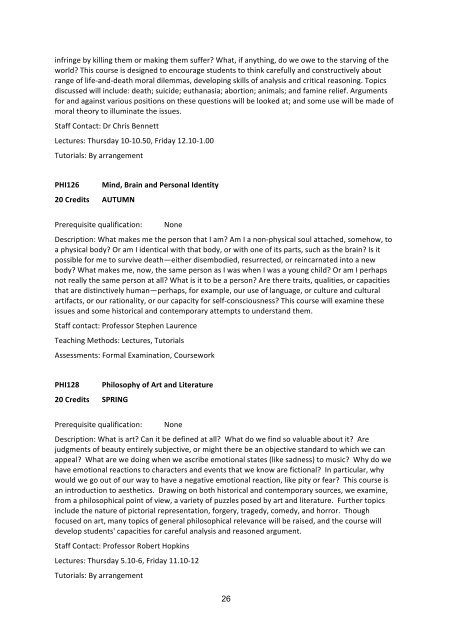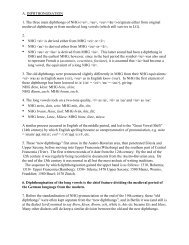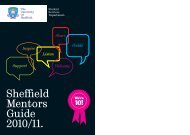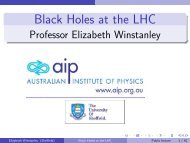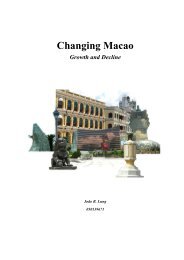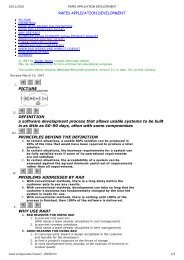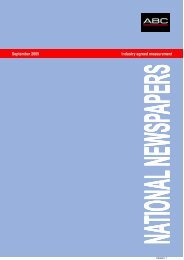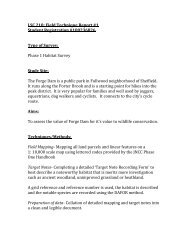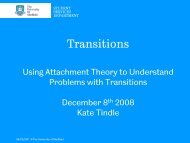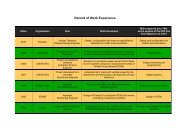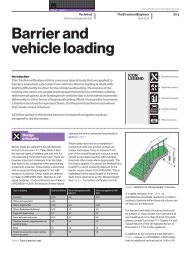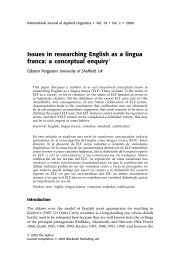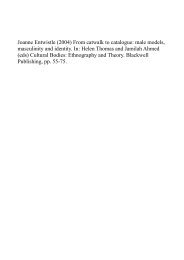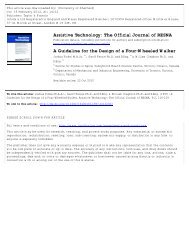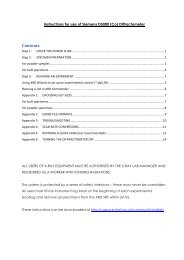Free Modules SOMLAL.pdf
Free Modules SOMLAL.pdf
Free Modules SOMLAL.pdf
You also want an ePaper? Increase the reach of your titles
YUMPU automatically turns print PDFs into web optimized ePapers that Google loves.
infringe by killing them or making them suffer? What, if anything, do we owe to the starving of the<br />
world? This course is designed to encourage students to think carefully and constructively about<br />
range of life-‐and-‐death moral dilemmas, developing skills of analysis and critical reasoning. Topics<br />
discussed will include: death; suicide; euthanasia; abortion; animals; and famine relief. Arguments<br />
for and against various positions on these questions will be looked at; and some use will be made of<br />
moral theory to illuminate the issues.<br />
Staff Contact: Dr Chris Bennett<br />
Lectures: Thursday 10-‐10.50, Friday 12.10-‐1.00<br />
Tutorials: By arrangement<br />
PHI126 Mind, Brain and Personal Identity<br />
20 Credits AUTUMN<br />
Prerequisite qualification: None<br />
Description: What makes me the person that I am? Am I a non-‐physical soul attached, somehow, to<br />
a physical body? Or am I identical with that body, or with one of its parts, such as the brain? Is it<br />
possible for me to survive death—either disembodied, resurrected, or reincarnated into a new<br />
body? What makes me, now, the same person as I was when I was a young child? Or am I perhaps<br />
not really the same person at all? What is it to be a person? Are there traits, qualities, or capacities<br />
that are distinctively human—perhaps, for example, our use of language, or culture and cultural<br />
artifacts, or our rationality, or our capacity for self-‐consciousness? This course will examine these<br />
issues and some historical and contemporary attempts to understand them.<br />
Staff contact: Professor Stephen Laurence<br />
Teaching Methods: Lectures, Tutorials<br />
Assessments: Formal Examination, Coursework<br />
PHI128 Philosophy of Art and Literature<br />
20 Credits SPRING<br />
Prerequisite qualification: None<br />
Description: What is art? Can it be defined at all? What do we find so valuable about it? Are<br />
judgments of beauty entirely subjective, or might there be an objective standard to which we can<br />
appeal? What are we doing when we ascribe emotional states (like sadness) to music? Why do we<br />
have emotional reactions to characters and events that we know are fictional? In particular, why<br />
would we go out of our way to have a negative emotional reaction, like pity or fear? This course is<br />
an introduction to aesthetics. Drawing on both historical and contemporary sources, we examine,<br />
from a philosophical point of view, a variety of puzzles posed by art and literature. Further topics<br />
include the nature of pictorial representation, forgery, tragedy, comedy, and horror. Though<br />
focused on art, many topics of general philosophical relevance will be raised, and the course will<br />
develop students' capacities for careful analysis and reasoned argument.<br />
Staff Contact: Professor Robert Hopkins<br />
Lectures: Thursday 5.10-‐6, Friday 11.10-‐12<br />
Tutorials: By arrangement<br />
26


